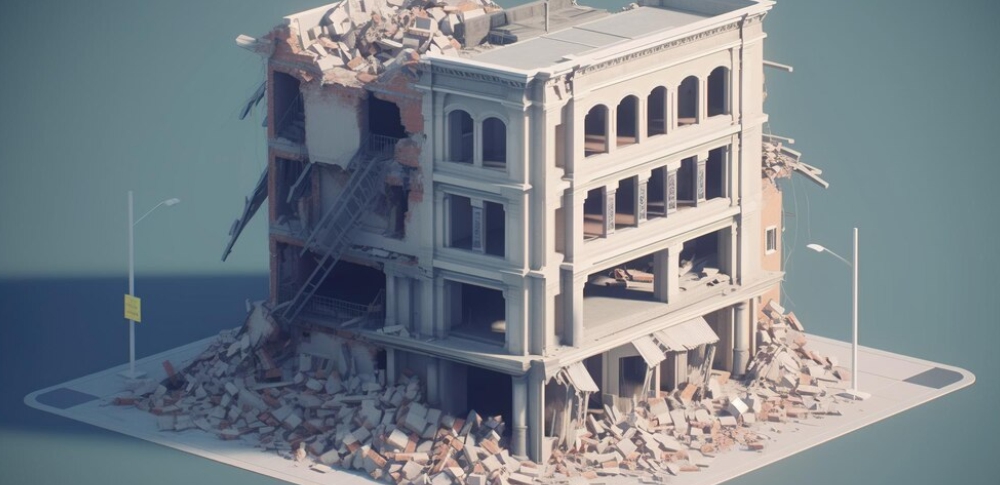Building Collapse in Nigeria
Building collapse in Nigeria : Building collapses have become a recurrent tragedy in Nigeria, posing significant risks to human lives, infrastructure, and the economy. The reasons behind these unfortunate incidents are multifaceted and demand urgent attention. Several factors contribute to building collapses in Nigeria, including poor construction practices, weak enforcement of building regulations, inadequate supervision, substandard materials, and lack of proper maintenance.
Poor Construction Practices:
One major factor contributing to building collapse in Nigeria is the prevalence of poor construction practices. Construction companies often cut corners to minimize costs, compromising the structural integrity of buildings. This includes the use of low-quality materials, inadequate foundation design, improper mixing of concrete, and shoddy workmanship. In some cases, buildings are constructed
without the involvement of qualified professionals, further exacerbating the risks.
Weak Enforcement of Building Regulations:
Another factor of building collapse in Nigeria, which is a significant challenge is the weak enforcement of building regulations. While Nigeria has building codes and regulations in place, their implementation and monitoring are often lacking. This allows for non-compliance and the construction of substandard buildings without repercussions.
Corruption and bureaucratic inefficiencies further undermine the enforcement process, enabling the continuation of unsafe construction practices.
Inadequate Supervision and Inspection:
Inadequate supervision during the construction phase is a crucial contributor to building collapses. Insufficient oversight and monitoring by relevant regulatory bodies allow construction errors to go unnoticed. Additionally, there is a lack of regular inspections to ensure compliance with safety standards throughout the construction process. As a result, structural weaknesses and flaws remain
undetected, leading to potential disasters.
Substandard Materials:
The use of substandard building materials is widespread in Nigeria. From low-quality cement to subpar reinforcement bars, compromised materials contribute to structural failures. Counterfeit products flood the market due to inadequate quality control measures, leading to a high prevalence of weak and unreliable construction materials.
Lack of Proper Maintenance:
One of the major cause of building collapses in Nigeria is lack of maintenance. There is need for regular maintenance and structural integrity assessments to ensure their long-term stability. However, in Nigeria, proper maintenance culture is often lacking. Neglected repairs, aging infrastructure, and lack of routine inspections increase the likelihood of building collapses over time.
Conclusion:
Building collapse in Nigeria are a complex issue driven by a combination of factors. Addressing this problem requires a comprehensive approach, including stricter enforcement of building regulations, increased oversight during construction, improved quality control of building materials, and a shift towards a culture of proper maintenance. It is crucial for the government, regulatory bodies, construction professionals, and the public to work together to prioritize safety and prevent further tragedies. Only through collective efforts can Nigeria mitigate the risks associated with building collapses and ensure a safer built environment for its citizens



